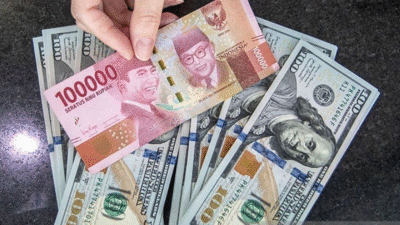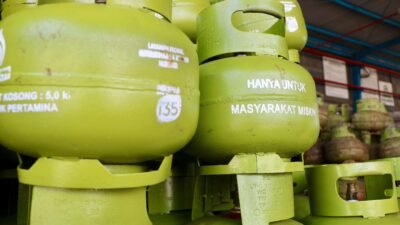In a significant move towards sustainable energy, PT Sarana Multi Infrastruktur (PT SMI) has officially signed a Memorandum of Understanding (MoU) to develop hydrogen power infrastructure in Indonesia. This partnership not only reinforces Indonesia’s commitment to clean energy but also positions the country as a rising player in the global hydrogen economy.
As the world races to cut carbon emissions, hydrogen energy is gaining traction. Now, with PT SMI stepping up, the vision for a cleaner, greener Indonesia is becoming increasingly tangible.
The MoU Signing: A Strategic Collaboration
PT SMI, a state-owned enterprise under Indonesia’s Ministry of Finance, entered into the MoU with leading partners in the renewable energy and technology sectors. This agreement marks the beginning of a multi-phase project focusing on the development of green hydrogen production facilities, distribution networks, and supporting infrastructure.
Importantly, the collaboration emphasizes not just infrastructure development but also technological transfer, capacity building, and investment mobilization. Through this holistic approach, PT SMI aims to ensure long-term sustainability and economic value.
Why Hydrogen? The Promise of the Future
Unlike fossil fuels, hydrogen produces zero emissions when used as an energy source. It can power industries, vehicles, and even homes—all while reducing our reliance on carbon-heavy energy sources. Moreover, hydrogen has the unique ability to store renewable electricity, making it ideal for balancing intermittent sources like wind and solar.
As a result, countries around the world are investing billions in hydrogen, and Indonesia is now joining that movement in earnest. With vast renewable resources, especially from solar and hydropower, Indonesia has the potential to produce green hydrogen at a competitive cost.
PT SMI’s Vision: From Investment to Impact
PT SMI has long been recognized for financing key national infrastructure projects. This hydrogen initiative aligns perfectly with its vision of fostering sustainable development through strategic investments. By focusing on hydrogen infrastructure, the company is not just building facilities—it’s building a future-ready economy.
Additionally, the project is expected to create jobs, stimulate local innovation, and reduce Indonesia’s dependency on fossil fuel imports. These long-term benefits will strengthen both economic resilience and environmental health.
Global Impact: Indonesia’s Role in the Hydrogen Race
This MoU also places Indonesia on the global hydrogen map. As countries seek reliable partners in the green energy transition, Indonesia—through PT SMI’s leadership—can emerge as a key supplier of green hydrogen to international markets, particularly in Asia and Europe.
Moreover, this collaboration could open doors for foreign direct investment, partnerships with global energy firms, and participation in cross-border green hydrogen trade.
Conclusion: A Sustainable Leap Forward
In conclusion, PT SMI’s commitment to developing hydrogen infrastructure signals a bold leap into a sustainable energy future. With strong support from both public and private sectors, Indonesia is not only responding to the climate crisis but also seizing an economic opportunity that could define the next generation.













